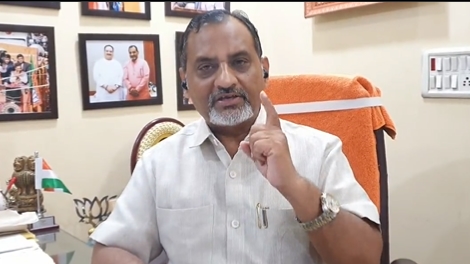New Delhi, 23 November 2018:Air pollution, caused largely by burning fossil fuels, is cutting global life expectancy by an average of 1.8 years per person, making it the world’s top killer, indicates recent research. The tiny particles ingested from polluted air shorten life more than first-hand cigarette smoke, which can reduce it by 1.6 years, and are more dangerous than other public health threats such as war and HIV/AIDS.
Only a handful of India’s 100 most polluted cities have drawn up plans to combat air pollution despite being asked to do so three years ago, a report from the World Health Organization indicated earlier this year.
Speaking about this, Padma Shri Awardee, Dr K K Aggarwal, President, HCFI, said, “Several air pollutants can impact health including nitrogen oxide, carbon monoxide, and ozone. However, the classification is done as PM2.5 (particles smaller than 2.5 microns)and PM 10 (particles that are 10 microns). The smaller PM2.5 particles come from sources like open flames and diesel exhaust. They linger for a longer time in the air and can get deep inside the lungs than the larger particles. This therefore should be a higher priority. Cookstoves, heating fuel, and kerosene lighting are other sources of pollution in big cities. There need to be stringent standards for enforcement of regulations for car exhausts, crop burning, or dust from construction sites.”
PM1, PM2.5 and PM10 are risk factors of all-cause, cardiovascular, stroke, respiratory, and COPD mortality. PM1 accounts for the vast majority of short-term PM2.5- and PM10-induced mortality. Smaller size fractions of PM have a more toxic mortality impact.
Adding further, Dr Aggarwal, who is also the Group Editor-in-Chief of IJCP, said, “Delhi has been experiencing high air pollution levels since the past few days. The air quality is particularly poor in the early morning when pollution is extremely high. This is also the time when many people venture out to exercise or drop their school children. It is imperative to use a mask and also make people aware of the harmful effects of air pollution.”
Some tips from HCFI
- Patients with asthma and chronic bronchitis should get the dose of their medicine increased during smog days.
- Avoid exertion in conditions of smog. It is better to avoid walking during smog hours.
- Drive slowly during smog hours.
- Heart patients should stop their early morning walk during smog hours.
- Remember to take the flu pneumonia vaccine.
- Keep doors and windows shut particularly during the early morning hours.
- It is better to wear protective masks if you must venture out
.











